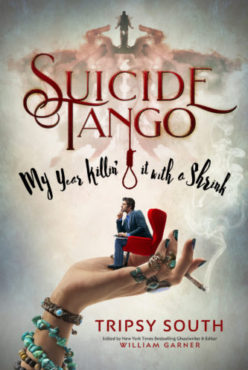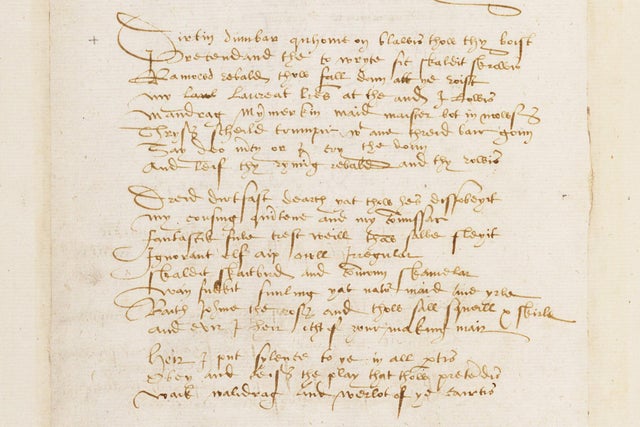Scots are famous for a lotta shit: thinkers who actually got stuff done, the Highlands and their ultimate clearances (oops), Edinburgh’s cool library, whisky, wool, haggis and Nessie.
Shared from ArsTechnica:
“The profanity appears in a poem recorded by a bored student in Edinburgh while under lockdown as the plague ravaged Europe—something we can all relate to these days. The poem is getting renewed attention thanks to its inclusion in a forthcoming BBC Scotland documentary exploring the country’s long, proud tradition of swearing, Scotland—Contains Strong Language.
“The Bannatyne Manuscript gets its name from a young 16th-century Edinburgh merchant named George Bannatyne, who compiled the roughly 400 poems while stuck at home in late 1568, as the plague ravaged his city. It’s an anthology of Scottish literature, particularly the texts of poems by some of the country’s greatest bards (known as makars) in the 15th and 16th centuries. According to a spokeswoman for the National Library of Scotland (where the manuscript is housed), “It has long been known that the manuscript contains some strong swearwords that are now common in everyday language, although at the time, they were very much used in good-natured jest.”
“The five sections to the compilation are devoted to religious themes, moral or philosophical themes, love ballads, fables and allegories, and comedy, especially satire. The latter section is where one is most likely to encounter the swears, particularly in the poetry of William Dunbar and Walter Kennedy. Both poets feature in the poem where the notorious F-word appears: “The Flyting of Dunbar and Kennedie.”
“Flyting is a poetic genre in Scotland—essentially a poetry slam or rap battle, in which participants exchange creative insults with as much verbal pyrotechnics (doubling and tripling of rhymes, lots of alliteration) as they can muster. (It’s a safe bet at this art form.)
“Dunbar and Kennedy supposedly faced off for a flyting in the court of James IV of Scotland around 1500, and their exchange was set down for posterity in Bannatyne’s manuscript.
“In the poem, Dunbar makes fun of Kennedy’s Highland dialect, for instance, as well as his personal appearance, and he suggests his opponent enjoys sexual intercourse with horses.
“Kennedy retaliates with attacks on Dunbar’s diminutive stature and lack of bowel control, suggesting his rival gets his inspiration from drinking “frogspawn” from the waters of a rural pond. You get the idea.
“And then comes the historic moment: an insult containing the phrase ‘wan fukkit funling,’ marking the earliest known surviving record of the F-word.”
Of course, in a year or so some young archeologist will unearth an even earlier usage of the f-word, something chopped into stone at the court of Hatshepsut who, at the age of twelve, was forced to marry her half-brother Thutmose II.
I can hear the pint-sized pharaoh now:
“Fuck that. Fuck you. Fuck yours. Fuck off.”

